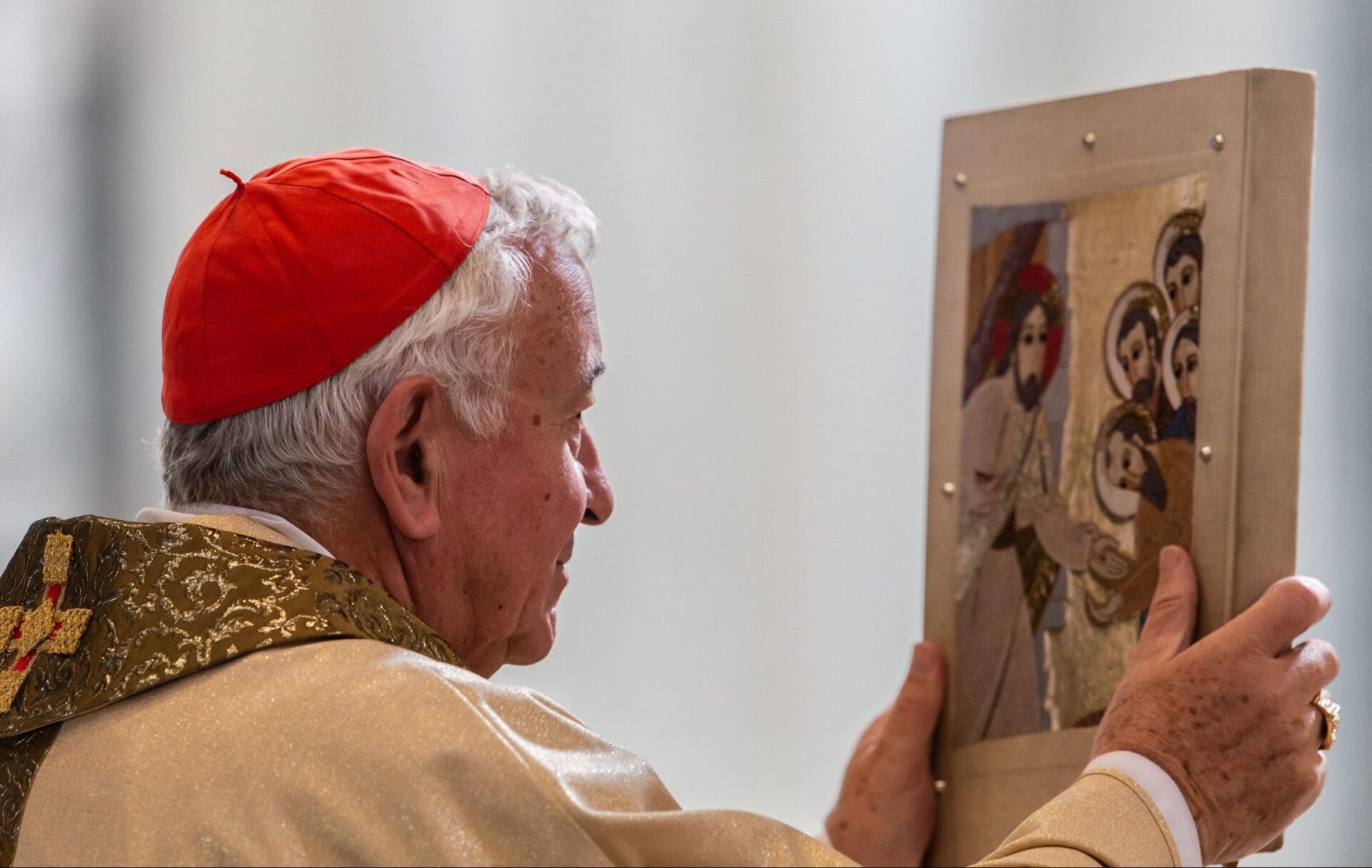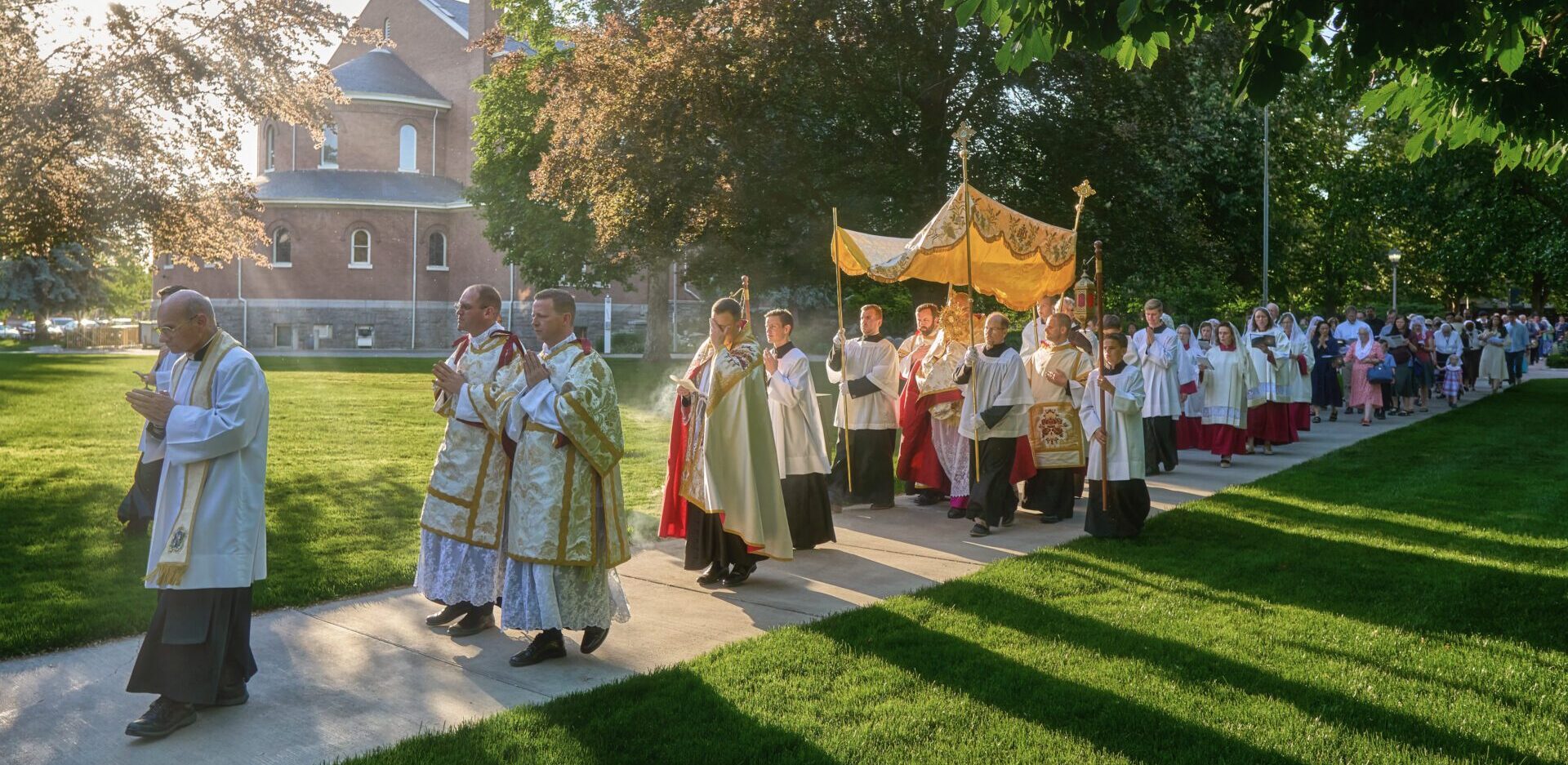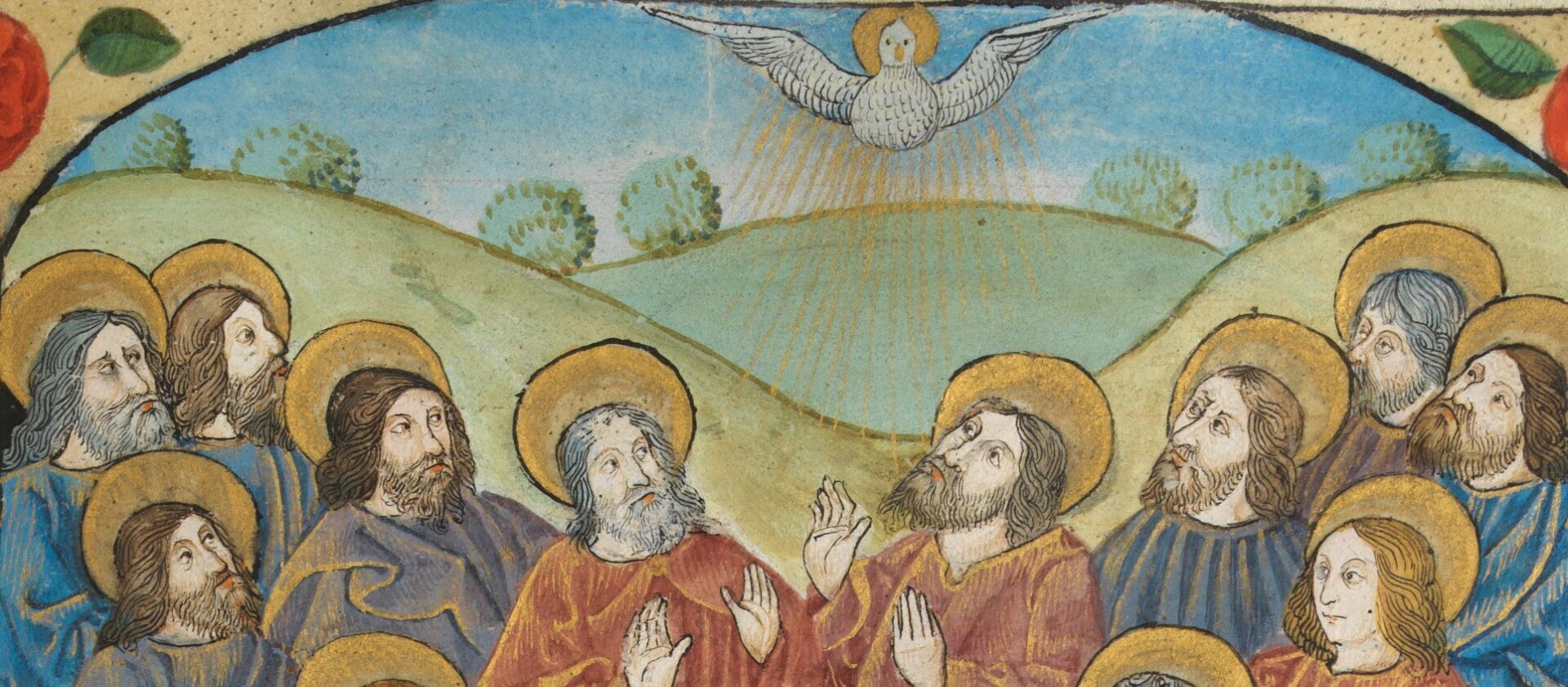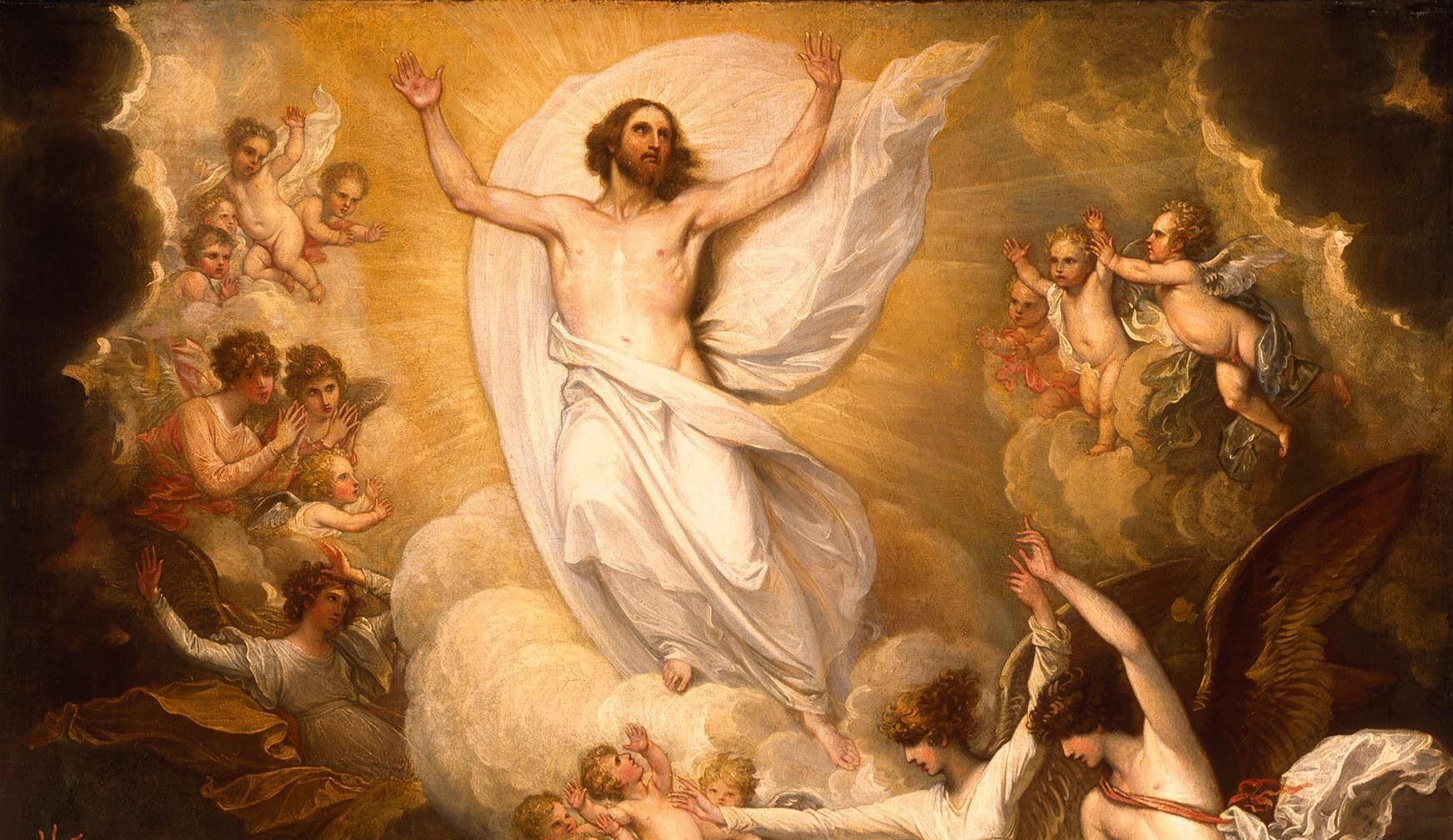Editor’s note: The following entry continues a series of reflections by Benedictine Father Boniface Hicks on the private prayers of the priest at Mass. The introduction to “The Quiet That Speaks” series and the examination of the prayer Munda cor meum (“Cleanse my heart”) are found here.
Following the proclamation of the Holy Gospel, the priest kisses the book of Gospels and quietly prays “Per evangelica dicta, deleantur nostra delicta,” translated as “Through the words of the Gospel may our sins be wiped away.” Having already prayed that God would cleanse his heart, the minister of the Gospel prays again for a cleansing, but this time asks that his sins would be wiped away by the words of the Gospel. How do the words of the Gospel have the power to wipe away sins?
In Verbum Domini Pope Benedict XVI explained the performative character of the word and the task of priests to explain: it is “the task of priests and deacons, above all when they administer the sacraments, to explain the unity between word and sacrament in the ministry of the Church” (190). The relationship between word and sacramental gesture is the liturgical expression of God’s activity in the history of salvation through the performative character of the word itself. In salvation history there is no separation between what God says and what he does. His word appears as alive and active (cf. Hebrews 4:12). In the liturgical action, too, we encounter his word which accomplishes what it says. By educating the People of God to discover the performative character of God’s word in the liturgy, we will help them to recognize his activity in salvation history and in their individual lives.
When the Gospel is proclaimed, there is a power at work. Numerous saints have heard the word of God proclaimed in the liturgical assembly and have been moved to radically change the direction of their lives. For example, St. Anthony the Abbot heard the words of Christ, “if you would be perfect,” and carried out those words as he sold everything and followed Christ into the desert (Matthew 19:21). Because of his familiarity with the Gospel texts, the priest’s heart can become dulled to the power of the word. This prayer can arouse the priest to remember the power of the Gospel even to wipe away sins. It was Christ’s word that freed the paralytic from his sins (Mark 2:1-12), and by his word that he gave the Apostles also the power to forgive sins (John 20:19-23).
This prayer is whispered to the Lord even as the priest makes the affectionate gesture of kissing the book of Gospels, which also signifies Christ himself. This reverential kiss again connects the altar (kissed at the beginning of Mass) with the word and reminds the priest of the power of these sacramental expressions to bring about purification and sanctification in the hearts of the faithful. This is especially important immediately before the homily, because it reminds the priest that the ritual is powerful in itself. For some priests there is a temptation to put too much weight on preaching, and even to shorten the readings or otherwise get the readings out of the way in order to rush through to the homily. Even worse, there can be a temptation to rush through the whole Liturgy of the Word, even including the homily, as if it were all merely something to get through. This quiet prayer and accompanying kiss allow the priest to focus with care on this part of the Mass by reminding him of the power of Gospel words to wipe away sins.
Furthermore, he whispers this prayer not only for his own sins, but also on behalf of all who are present, that the words would wipe away “our sins.” This gesture moves his heart outwards to the congregation to whom he prepares to preach. He unites himself with the faithful at this point. He is in need of hearing the Holy Gospel and having his sins wiped away as much as anyone else. The moral unity with the faithful expressed in this prayer can help to overcome the temptation to “face off” with the congregation and to preach at them. To the contrary, he should realize he is in need of the Gospel and even his own homily as much as his people are.



